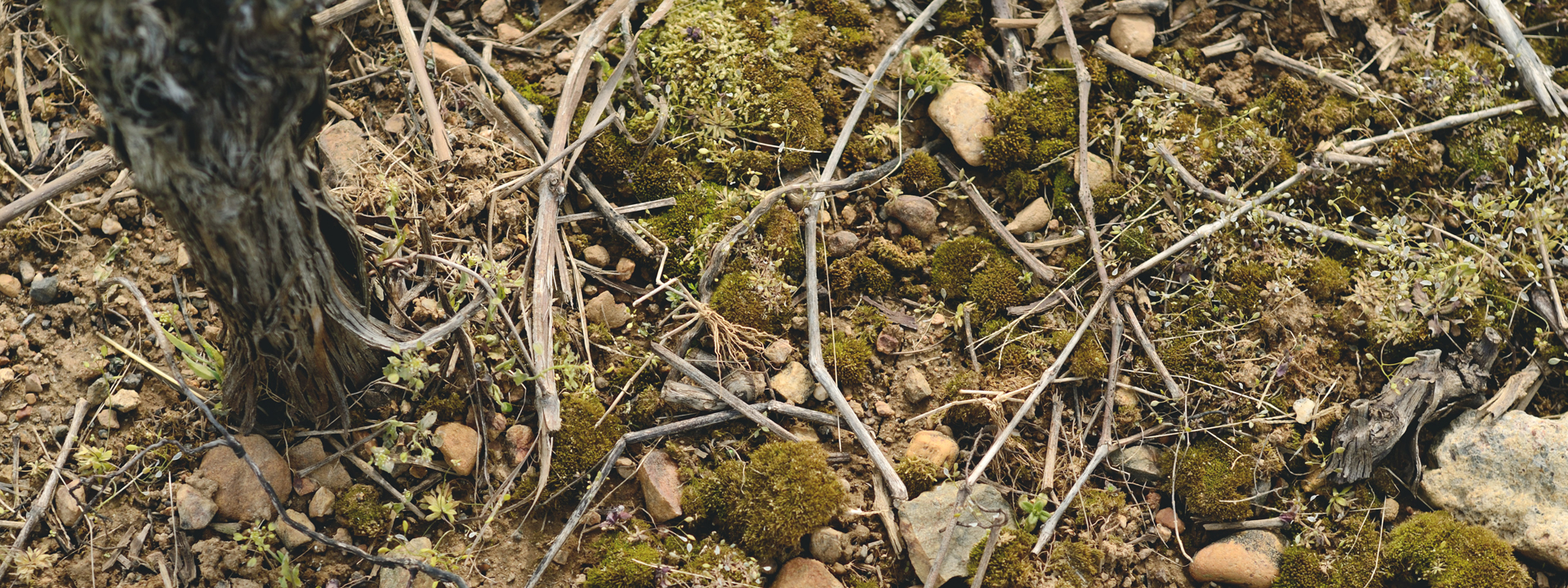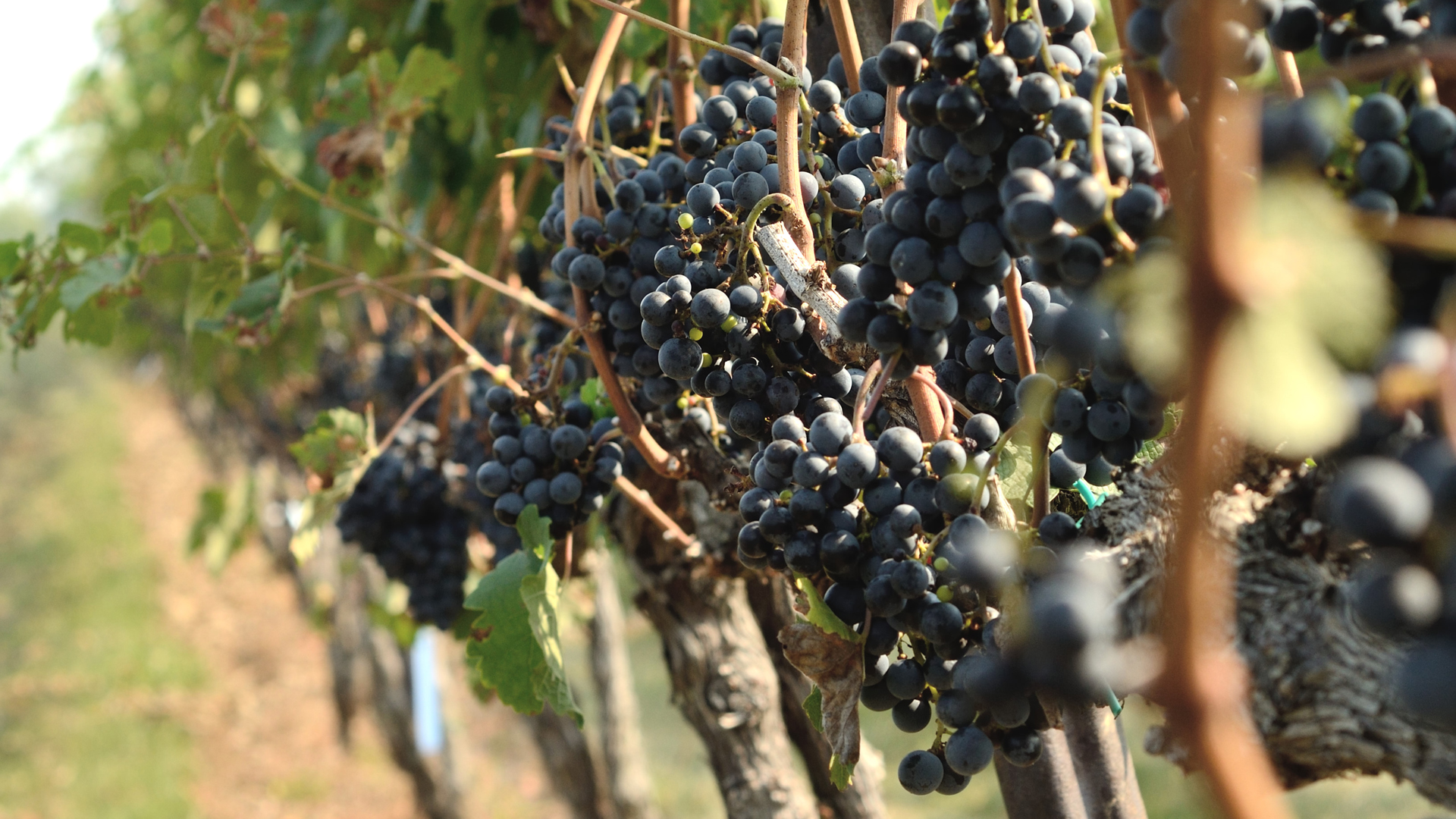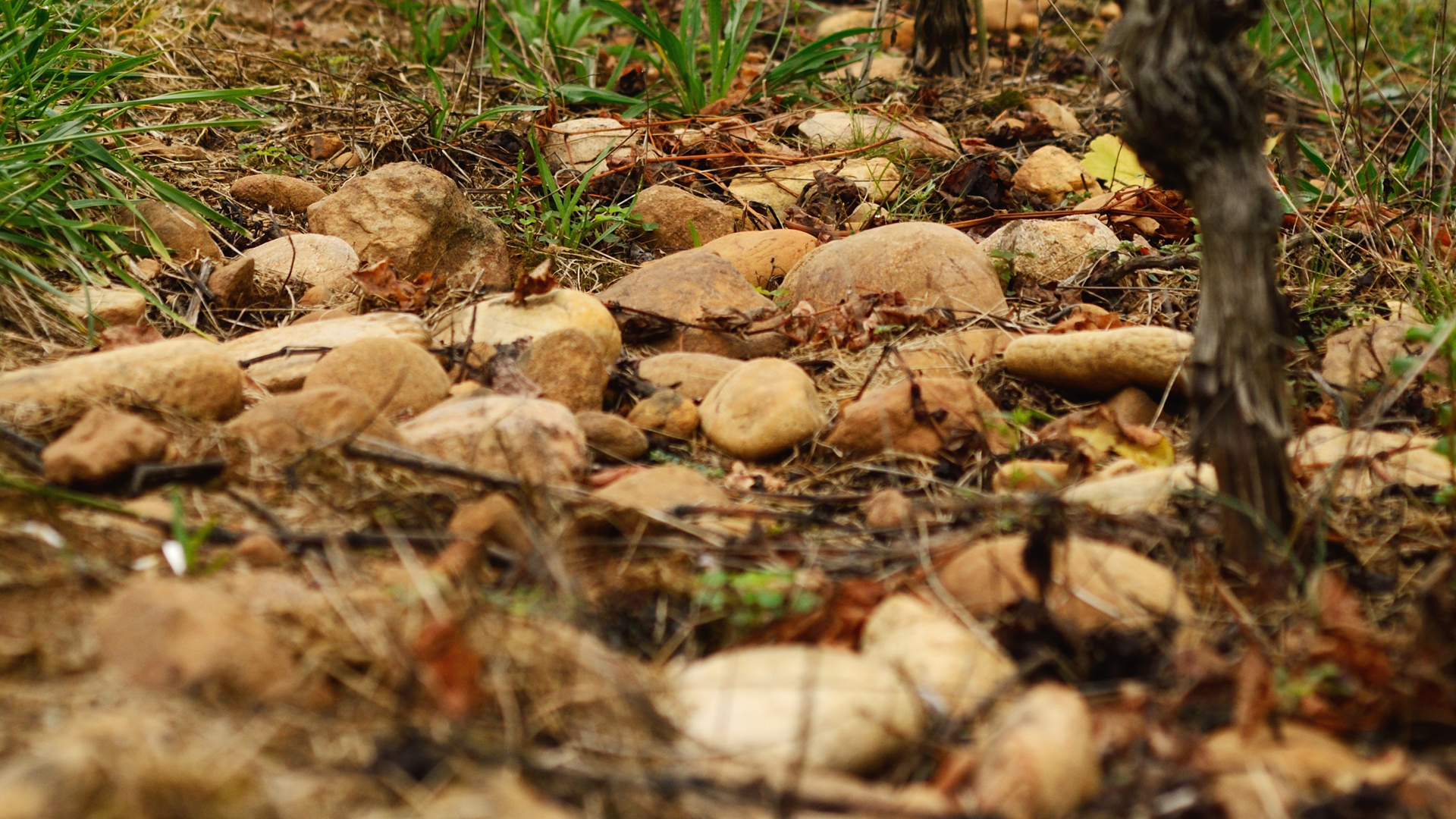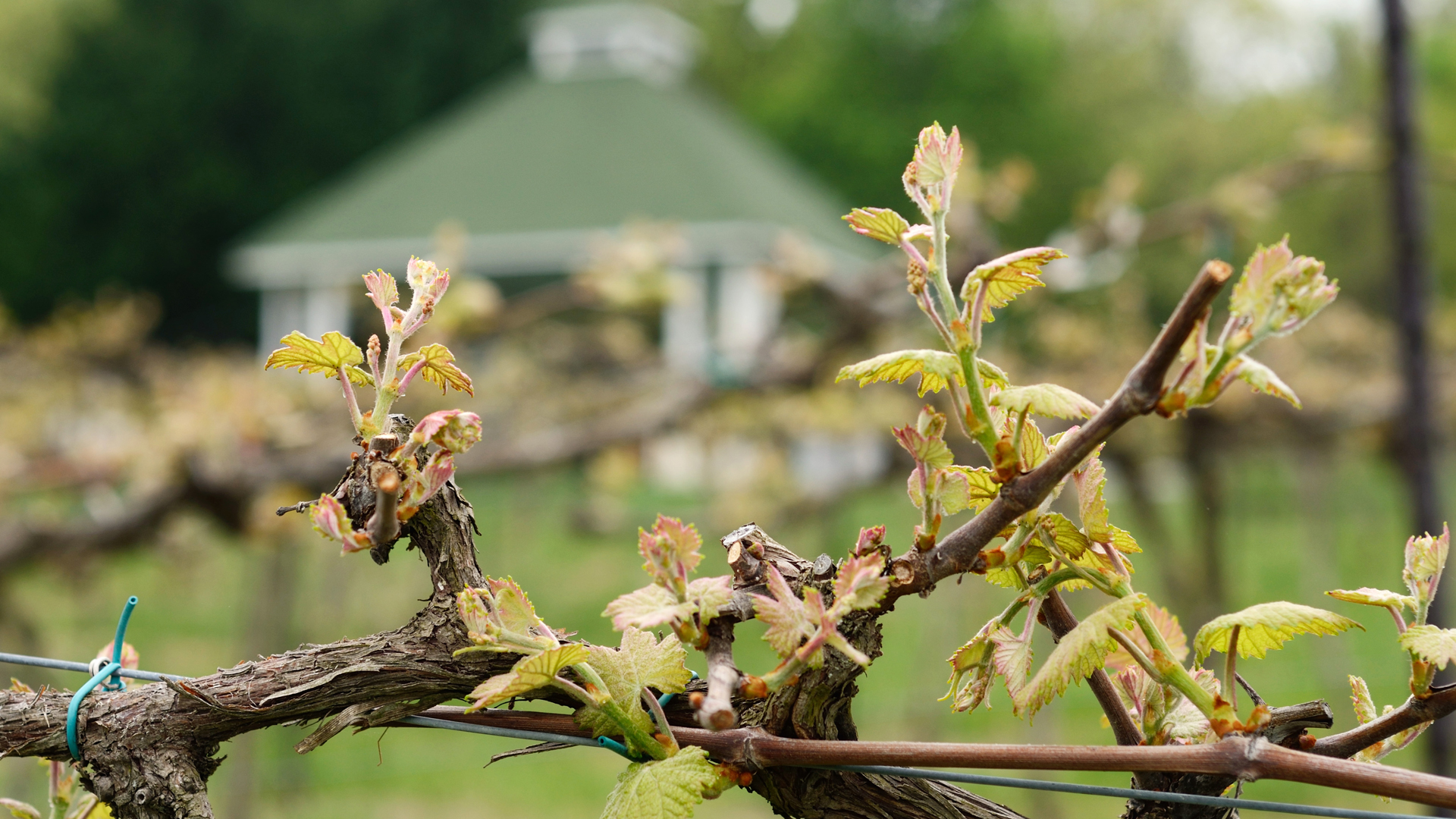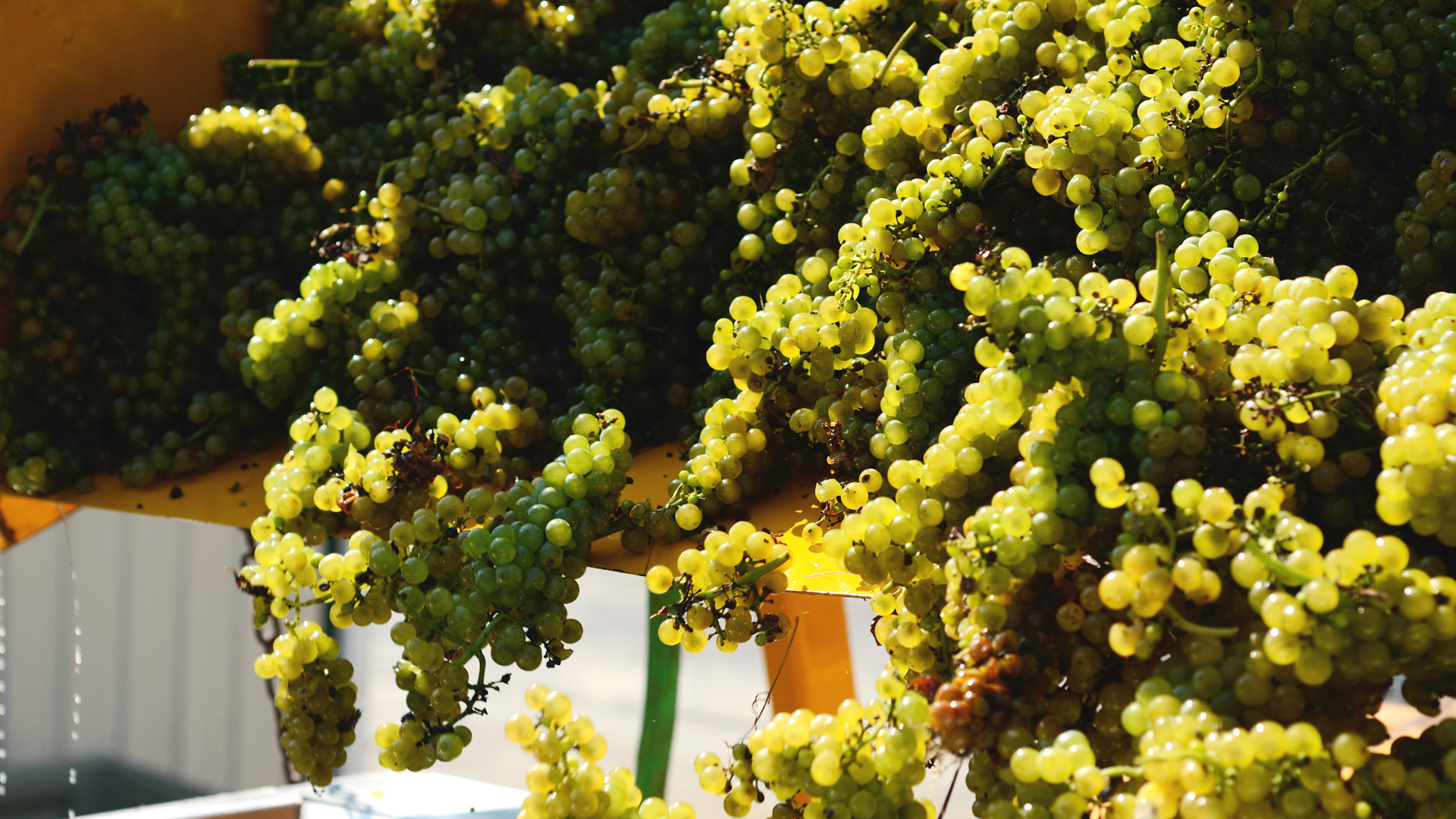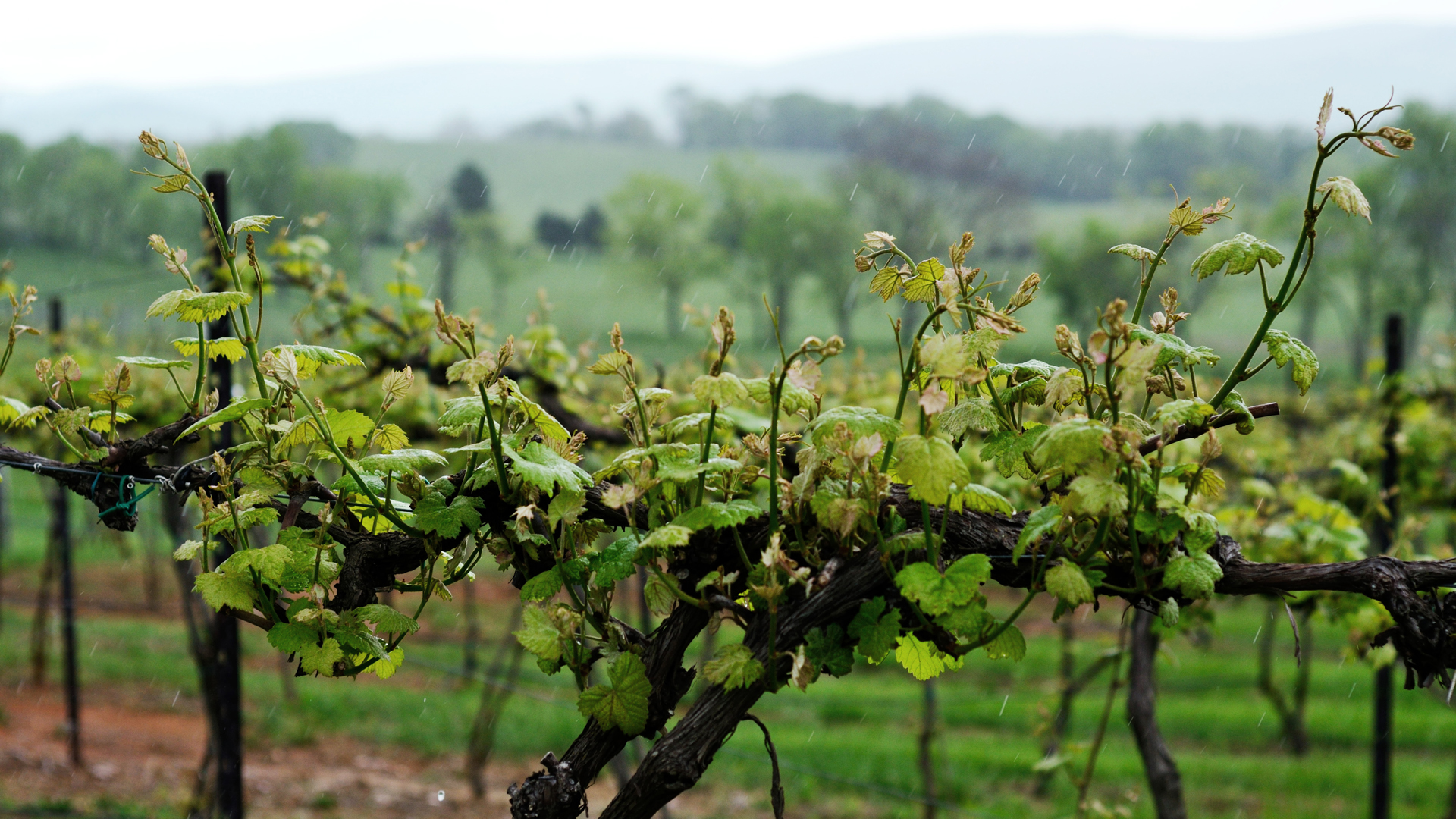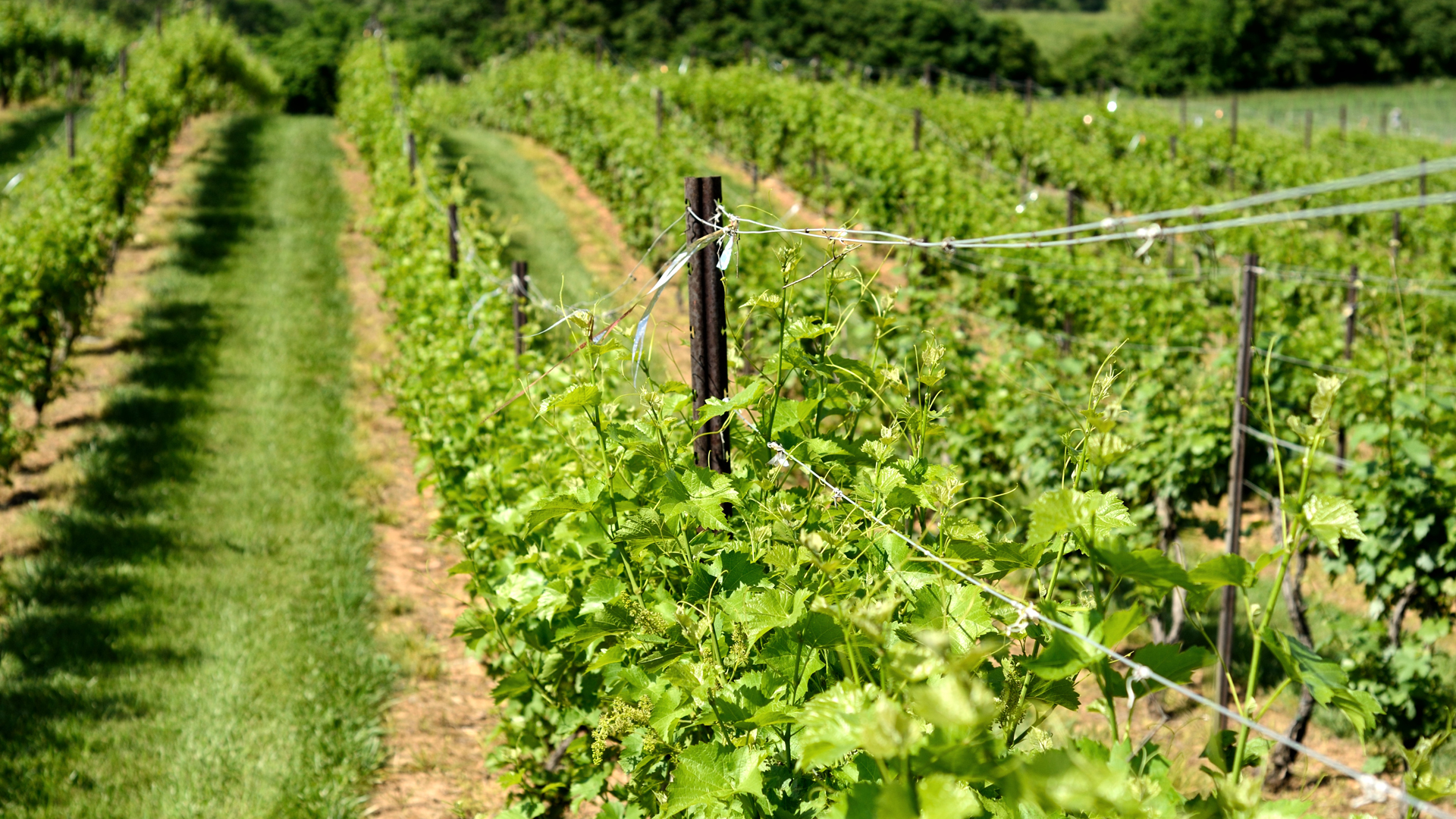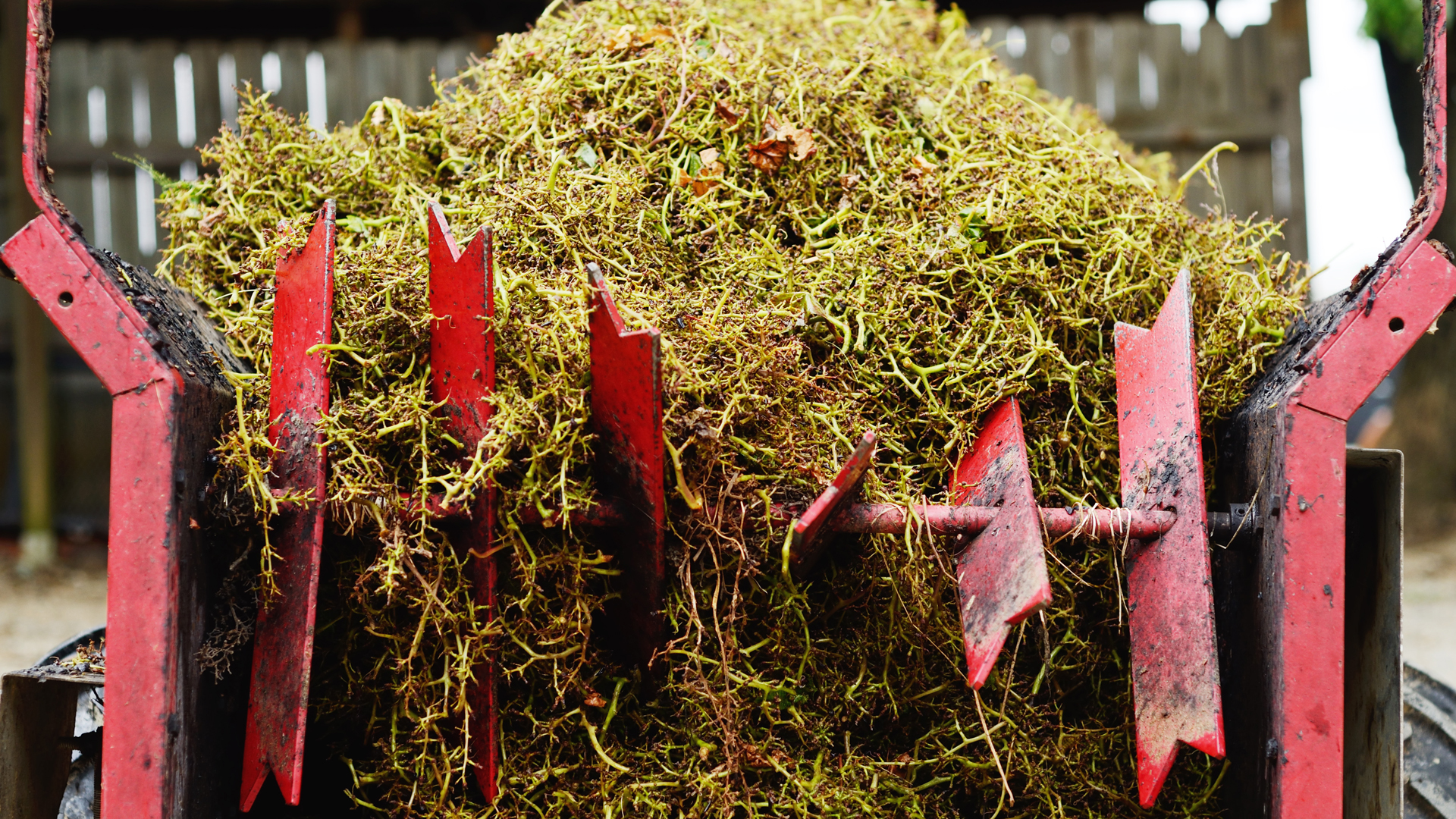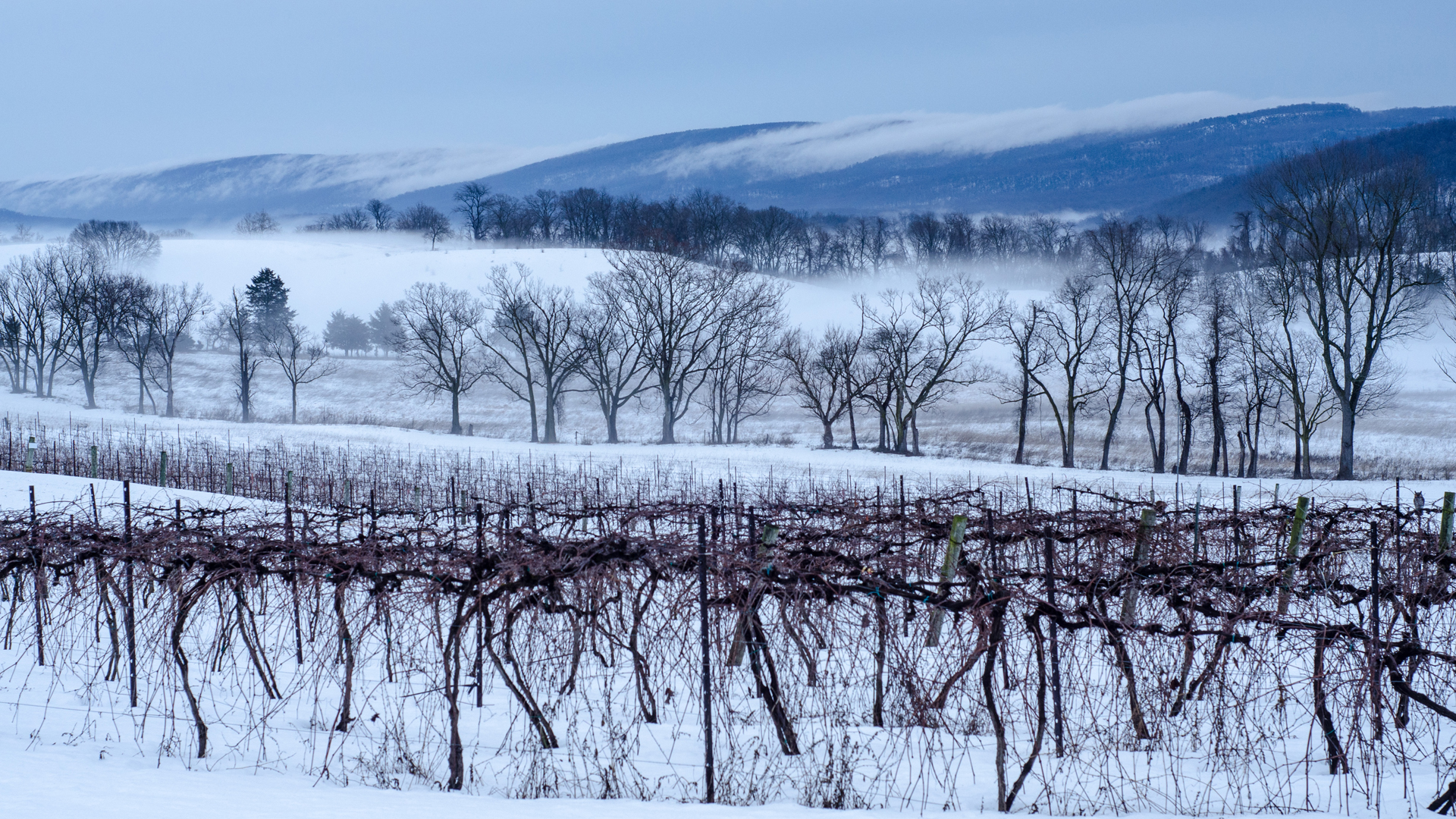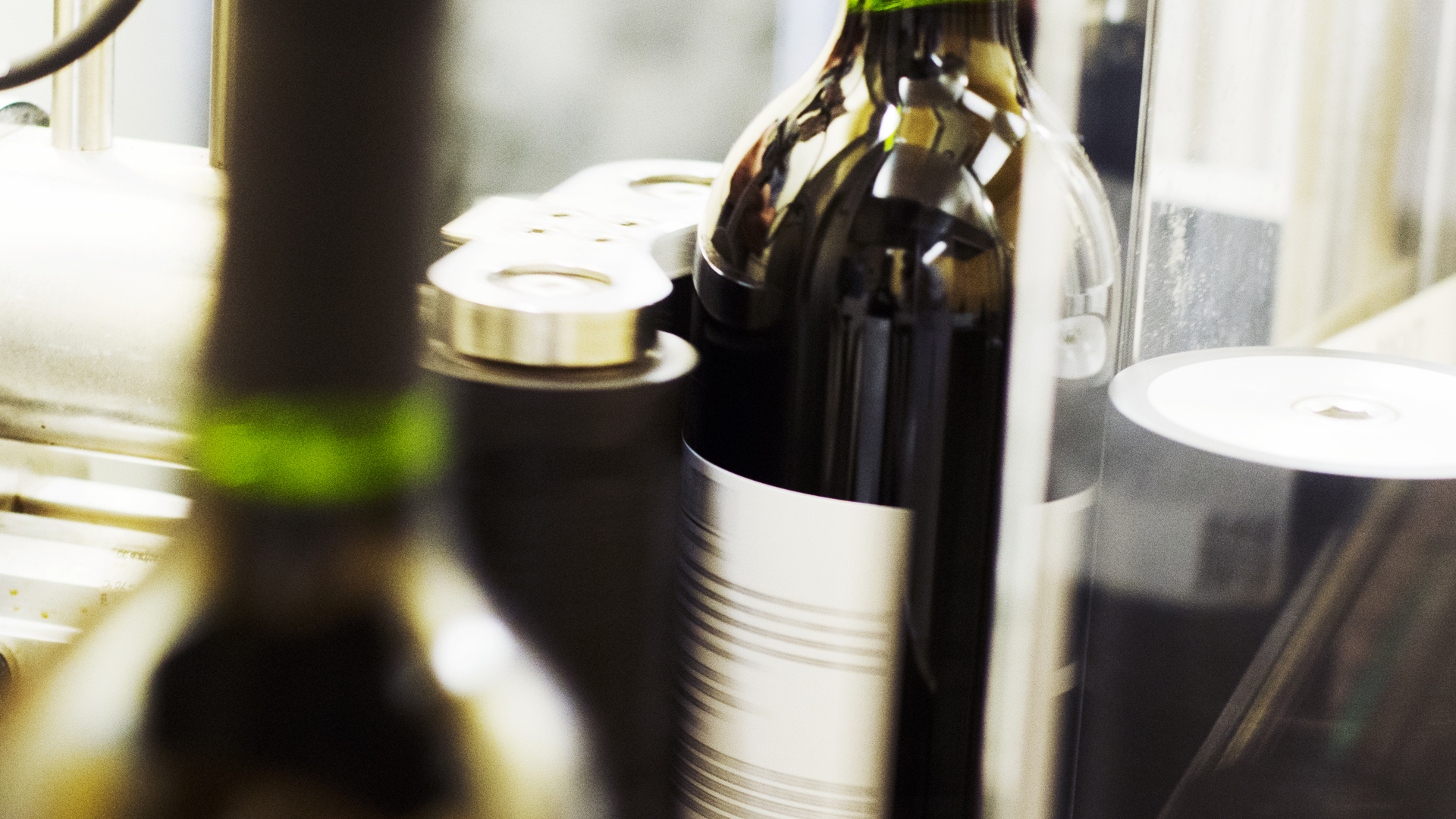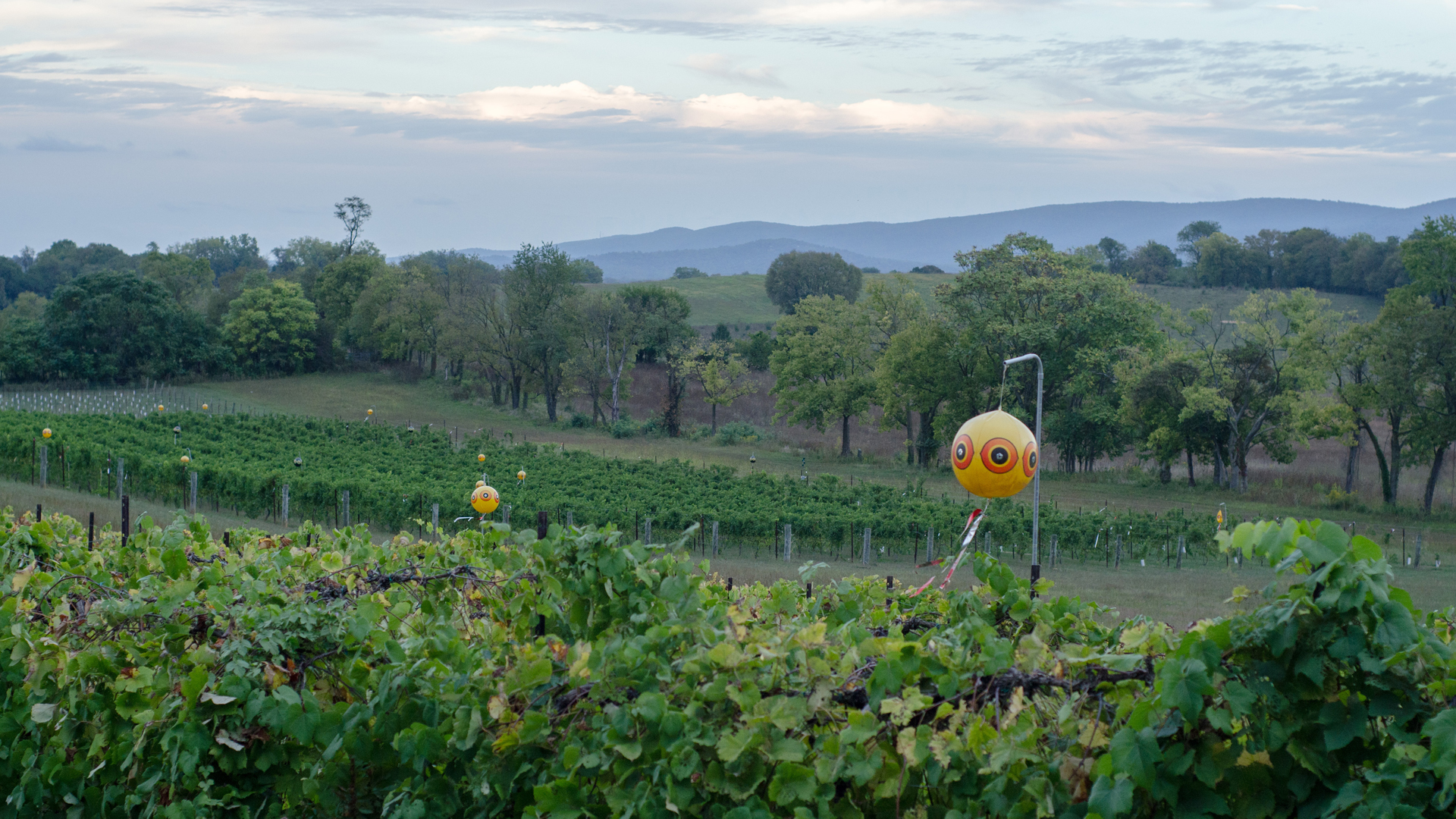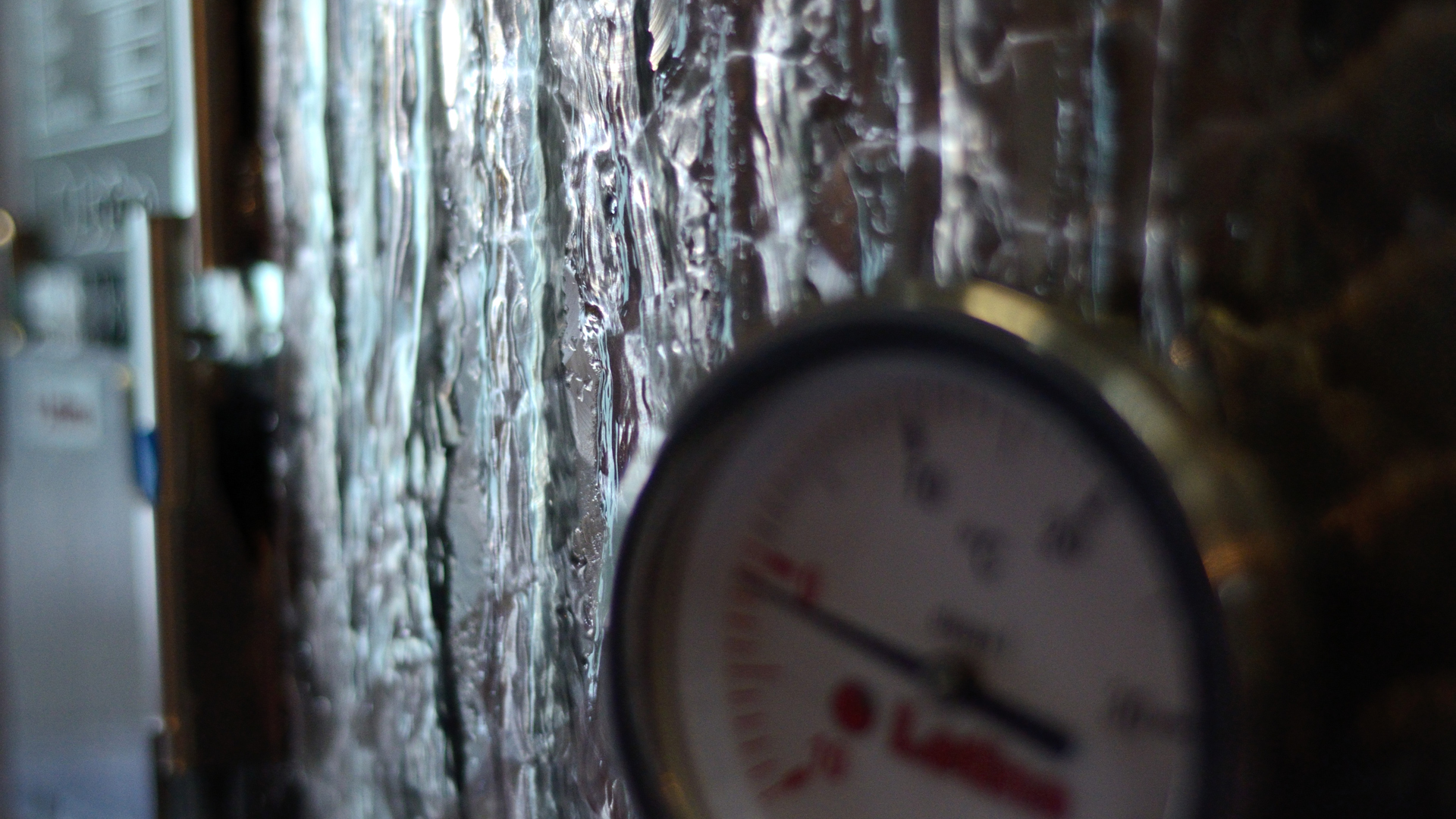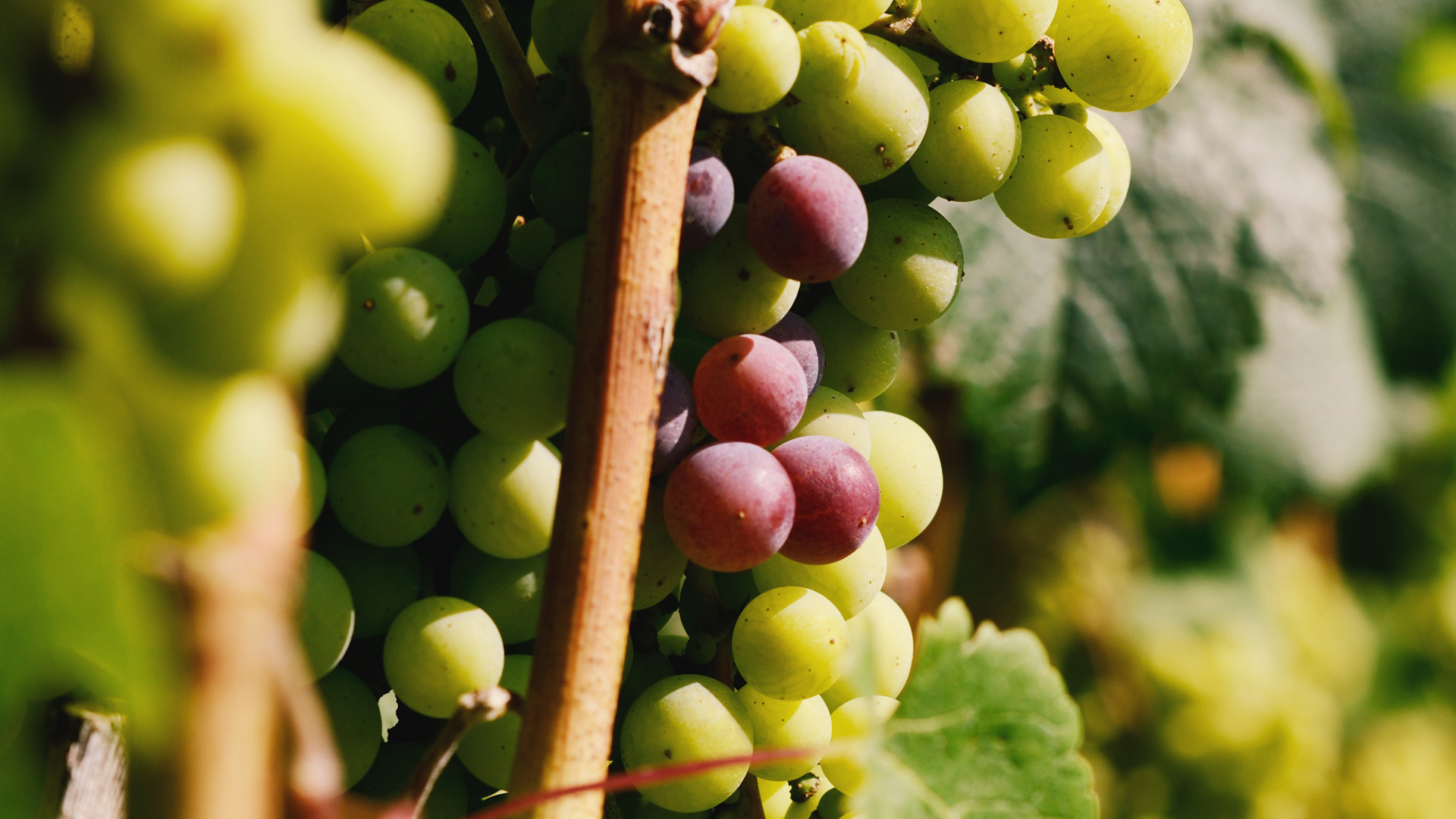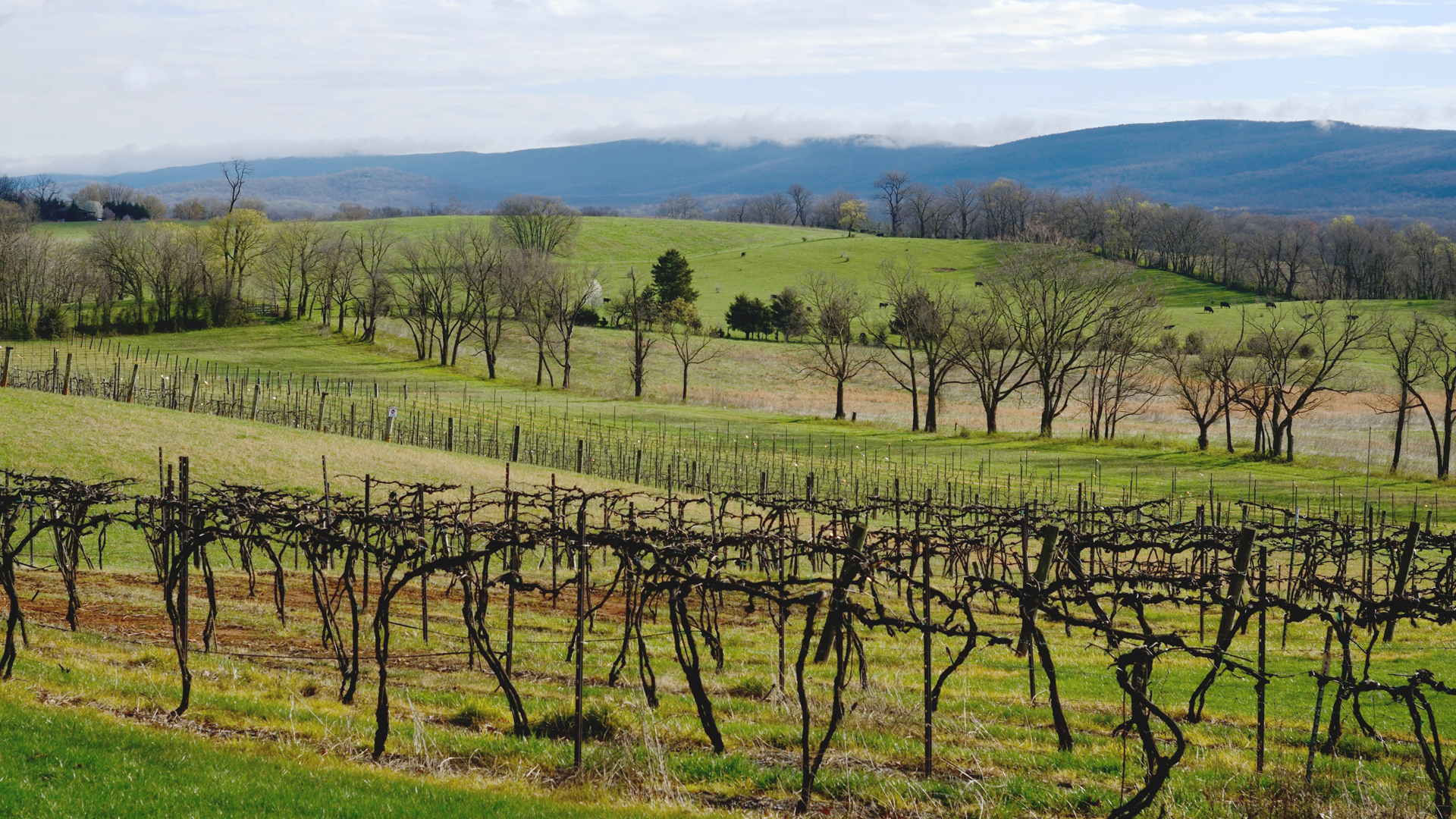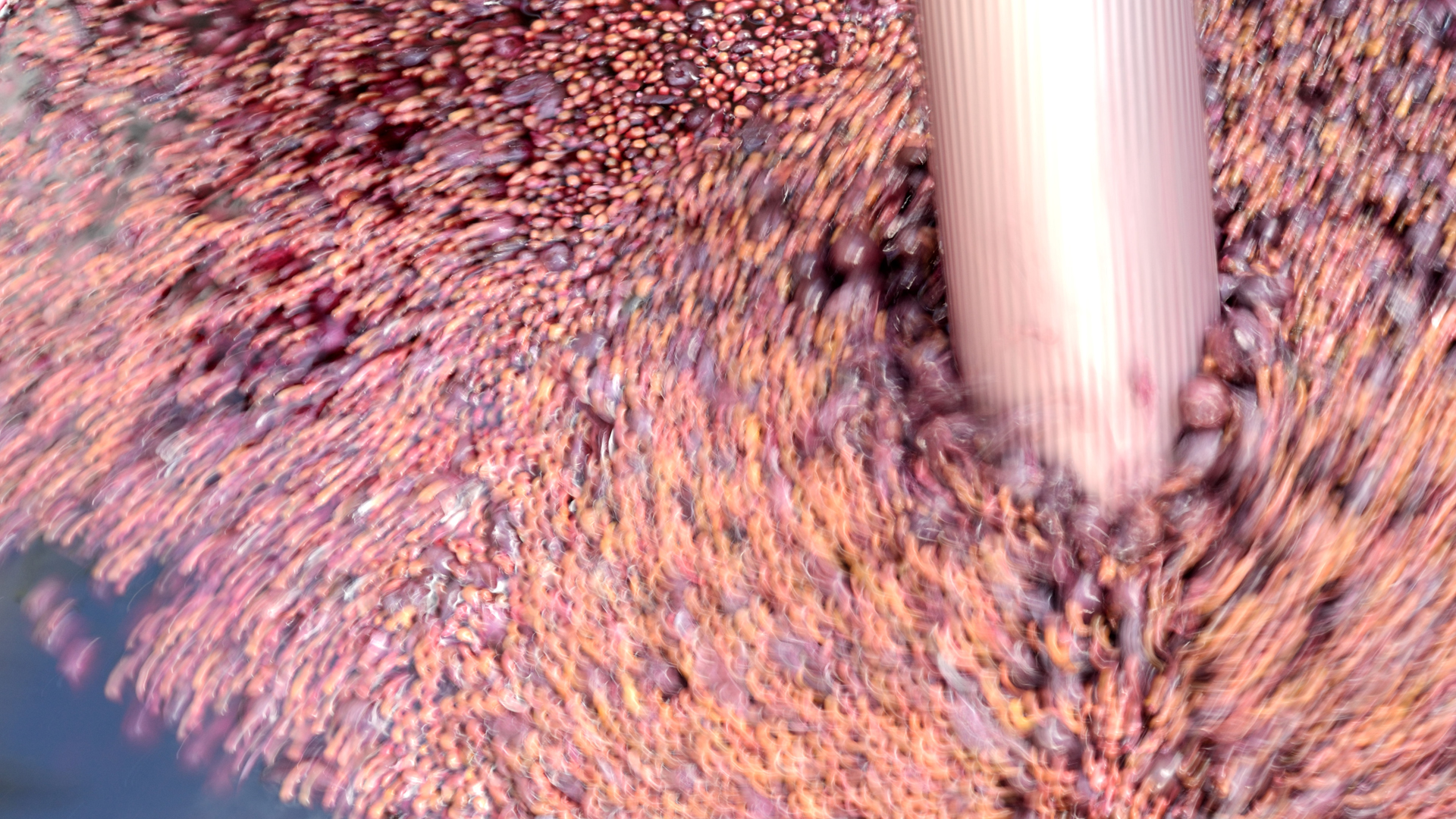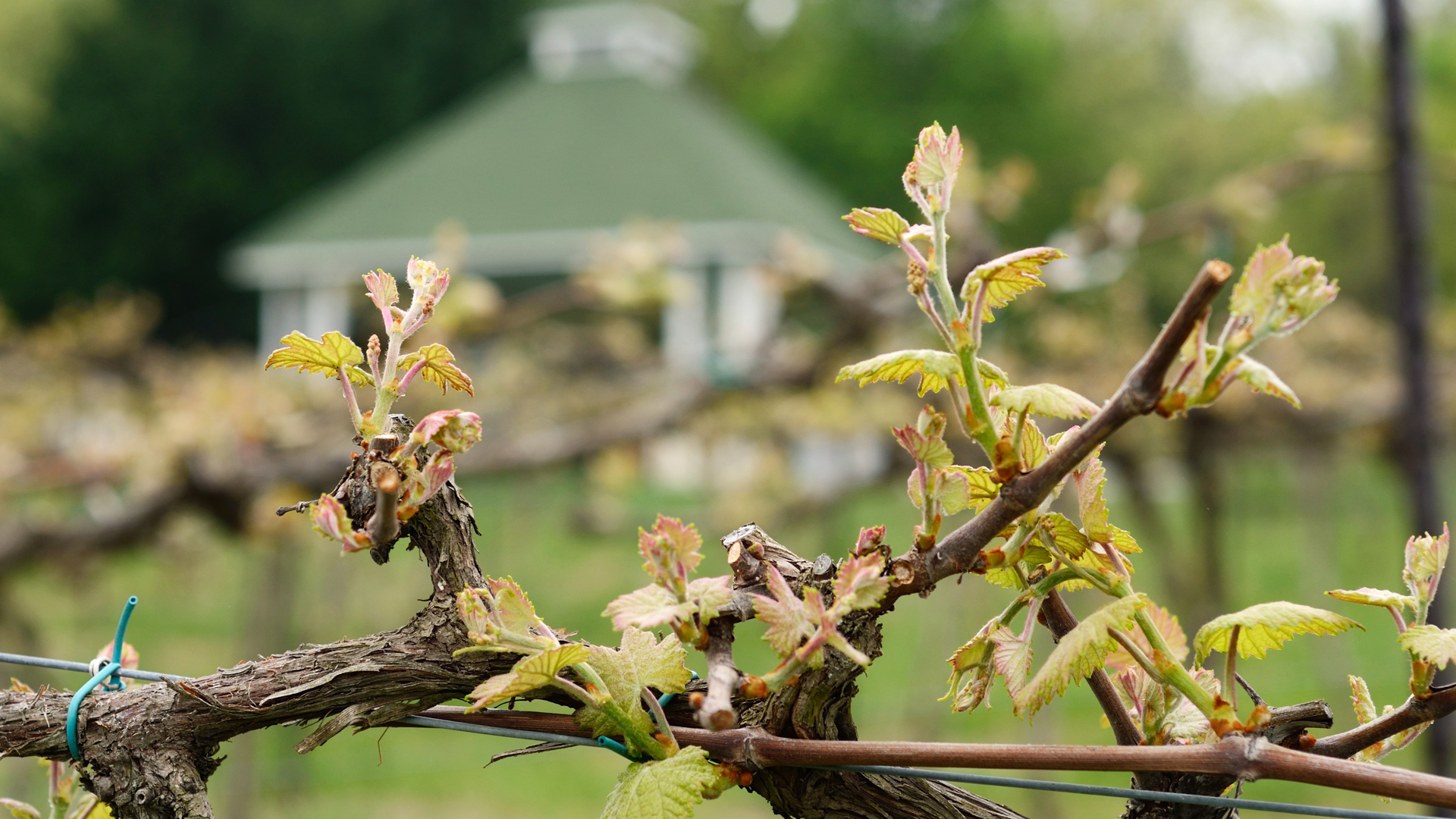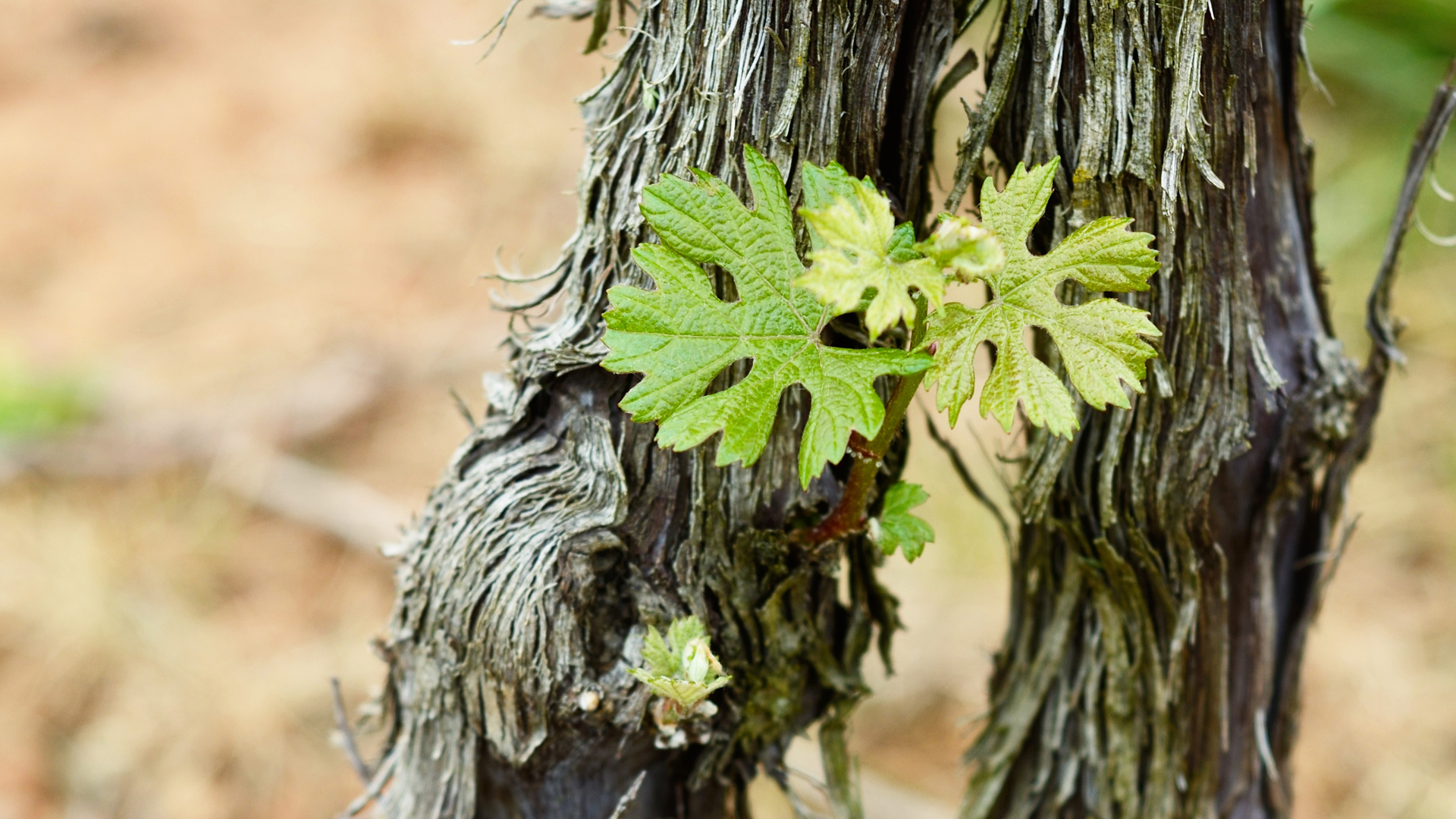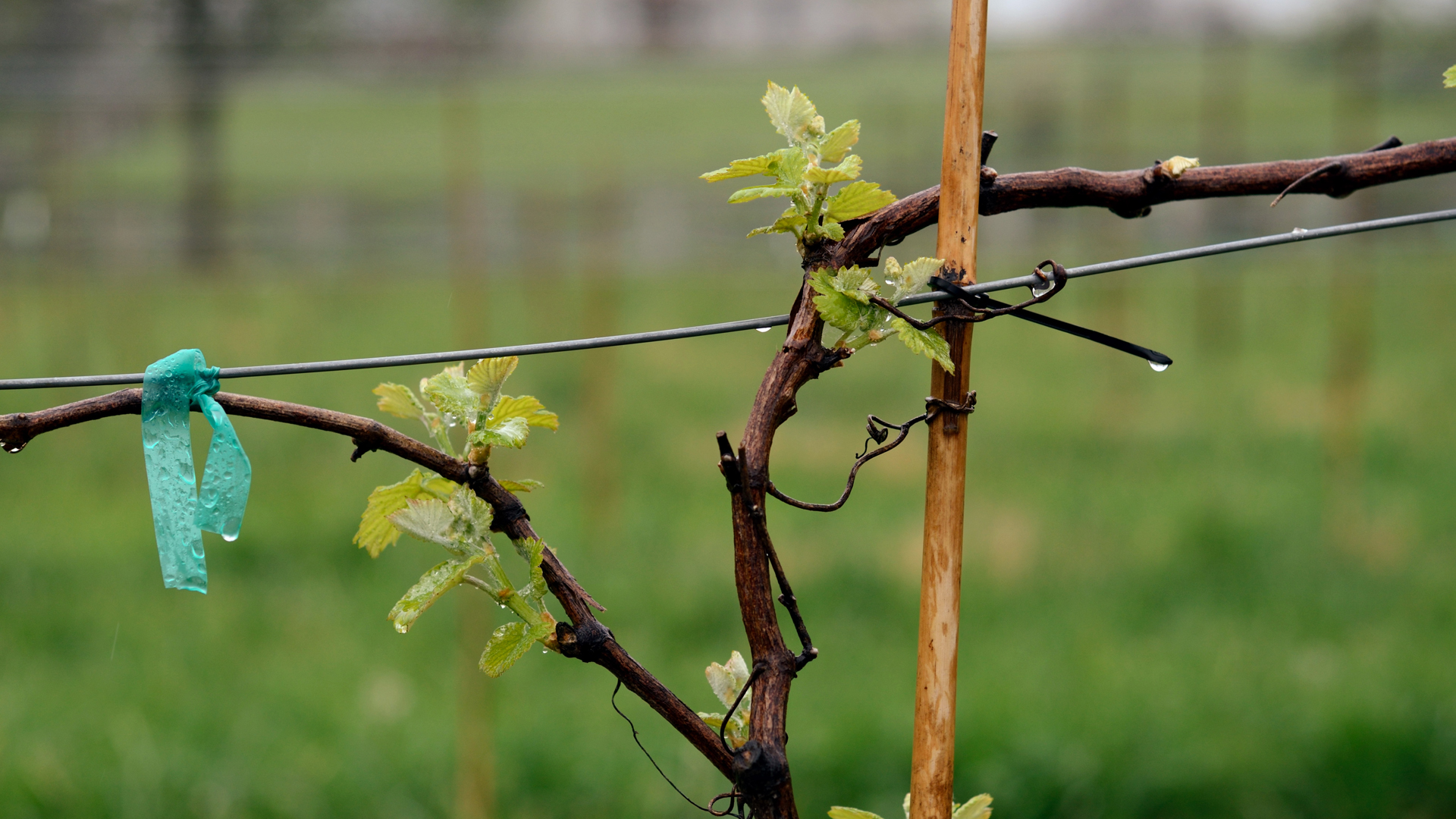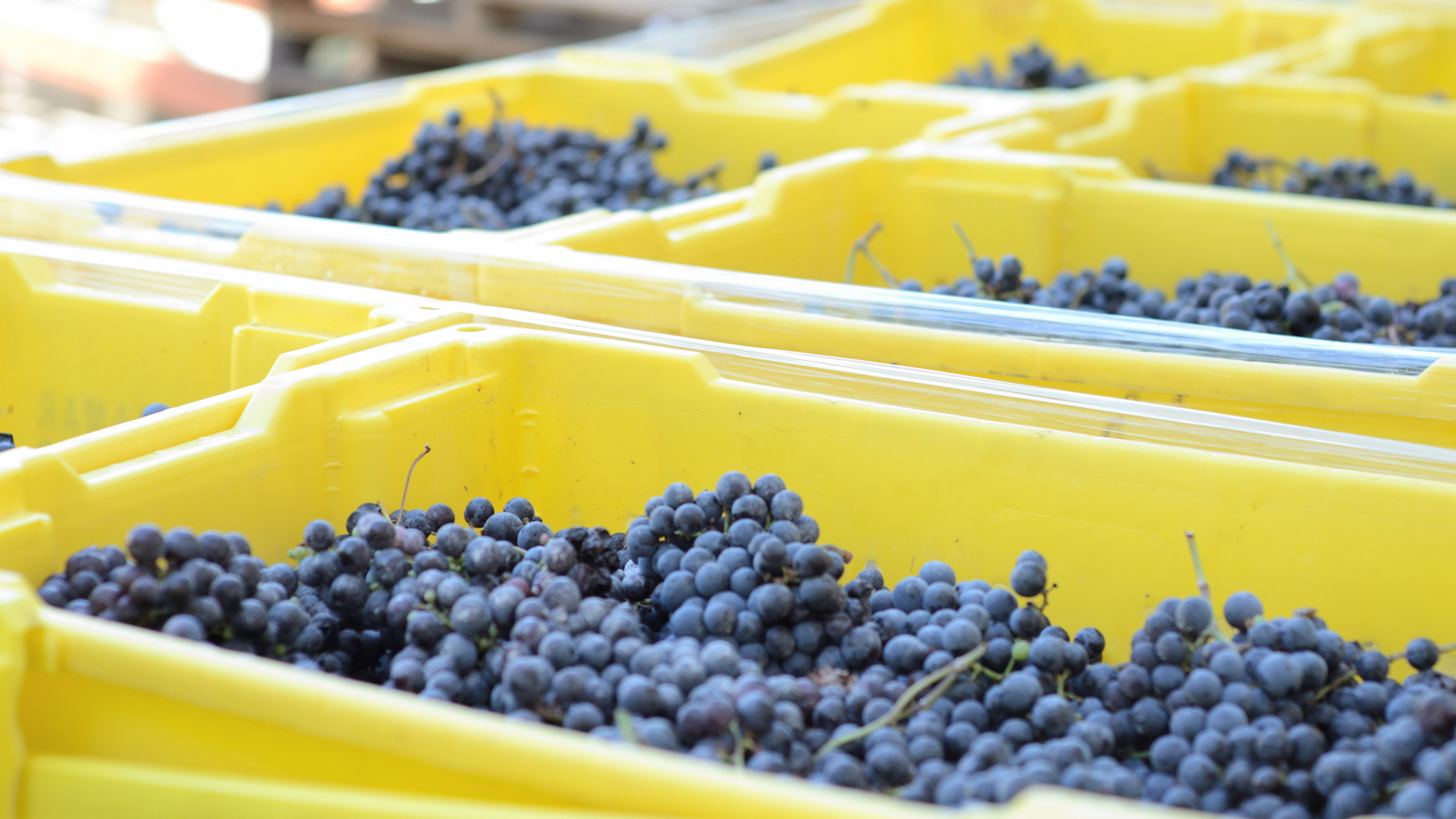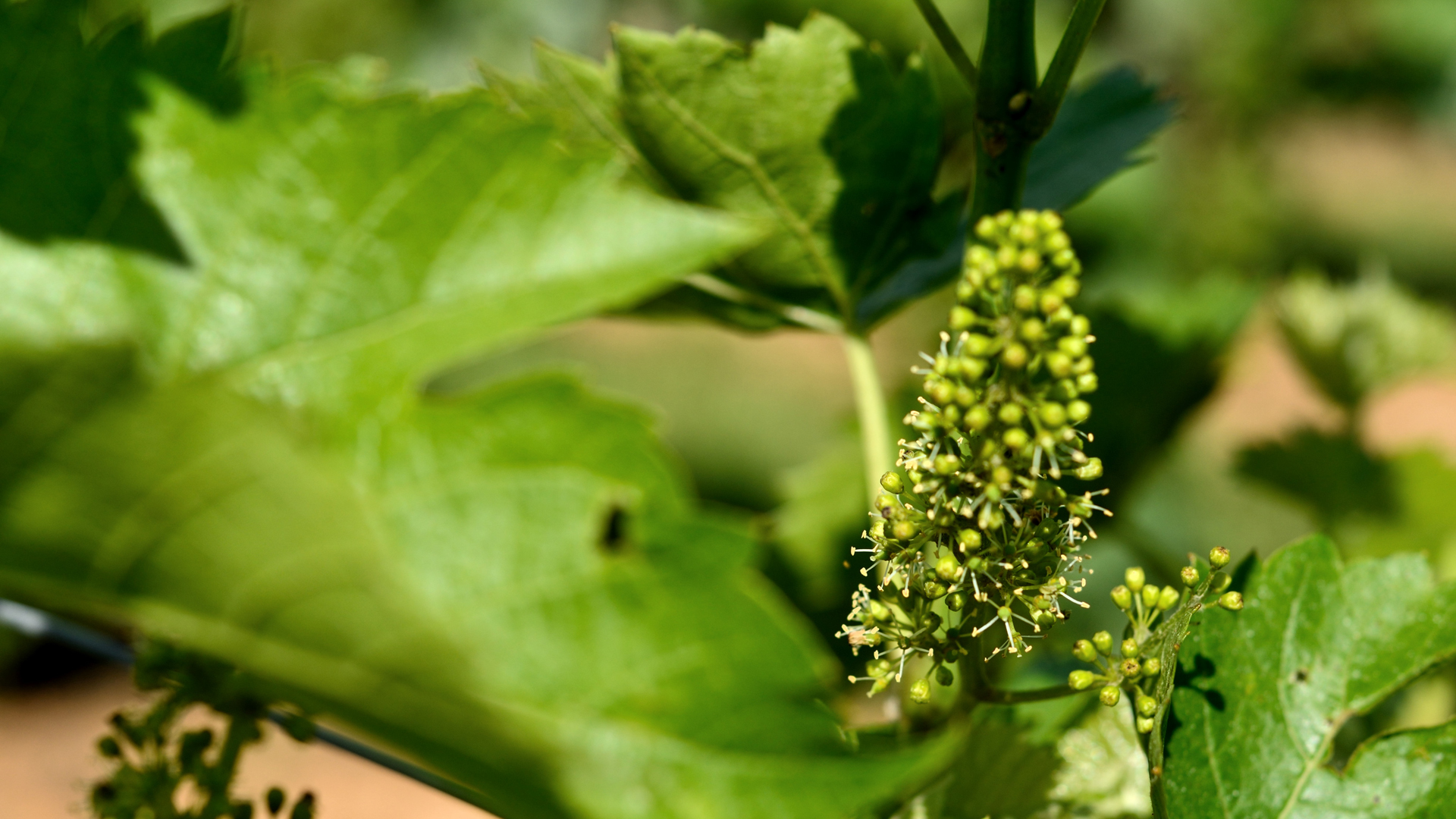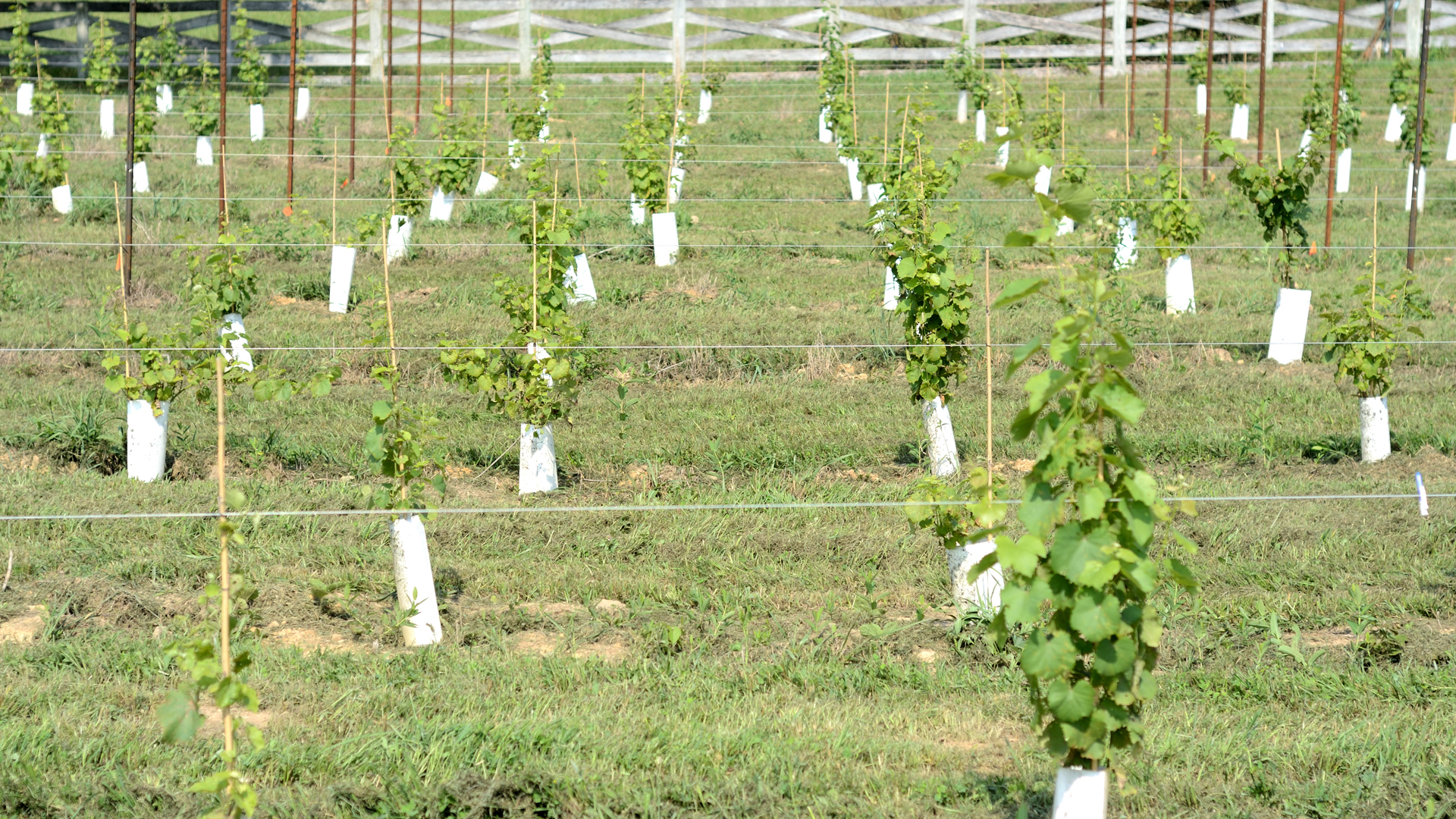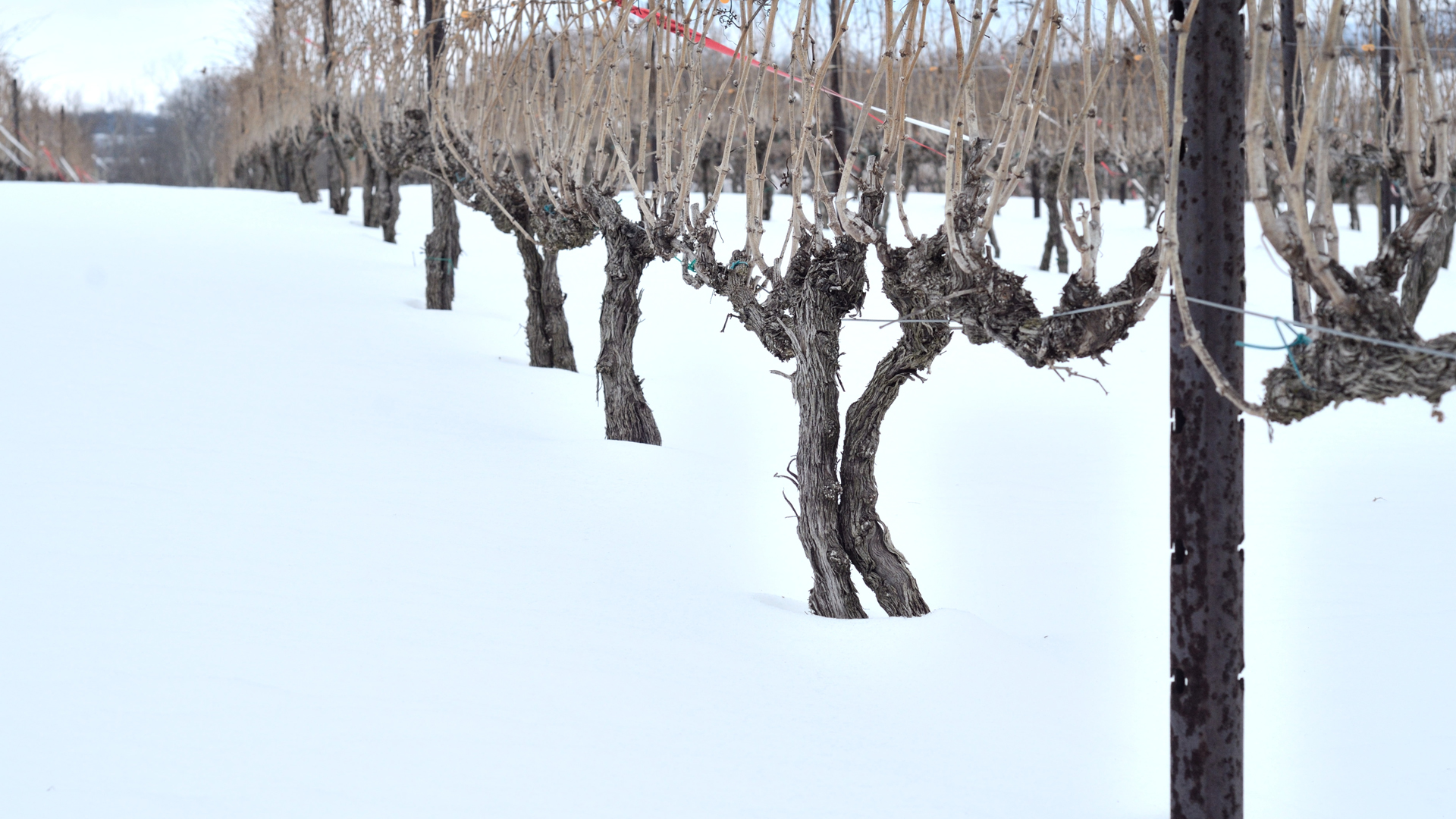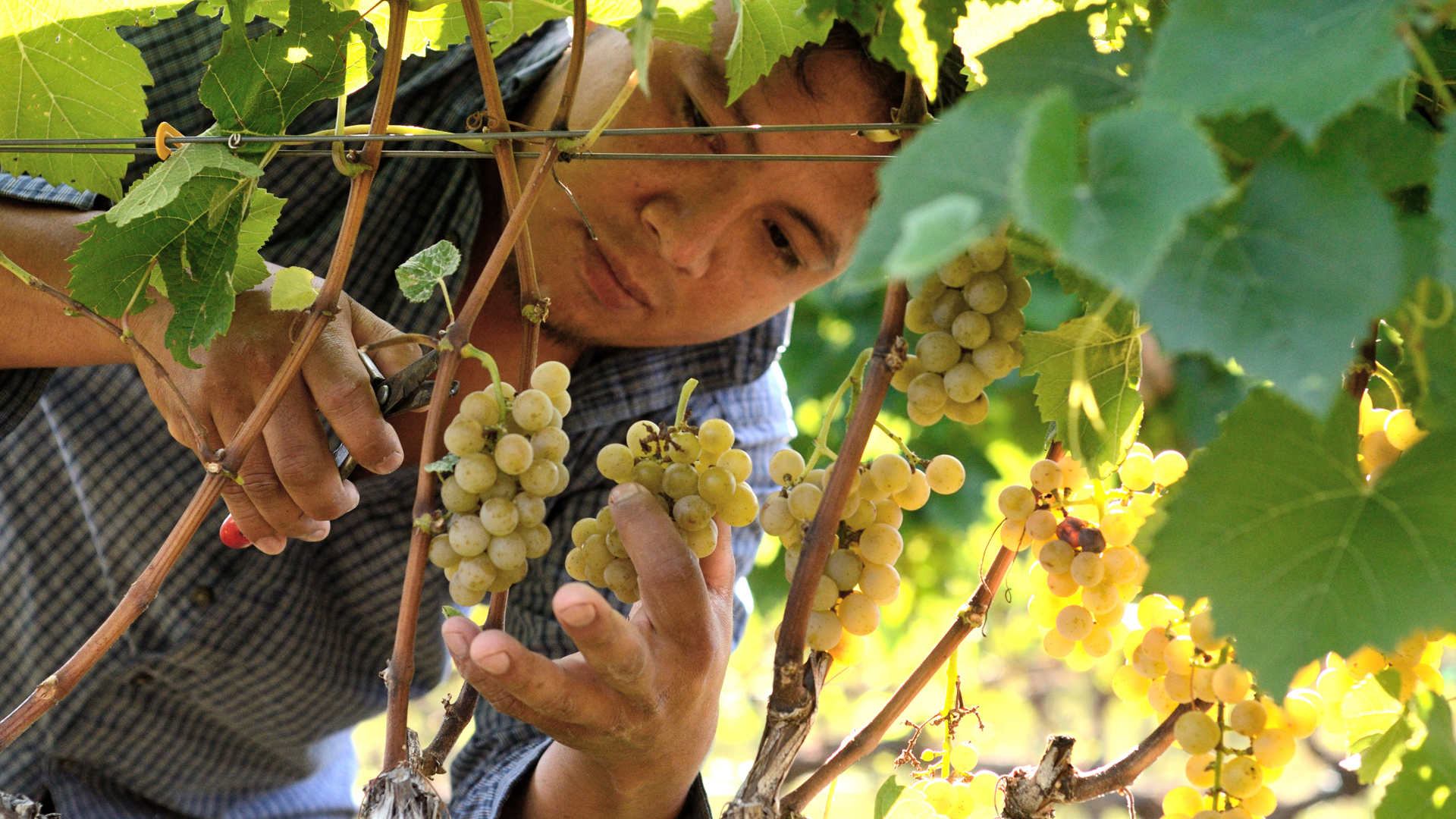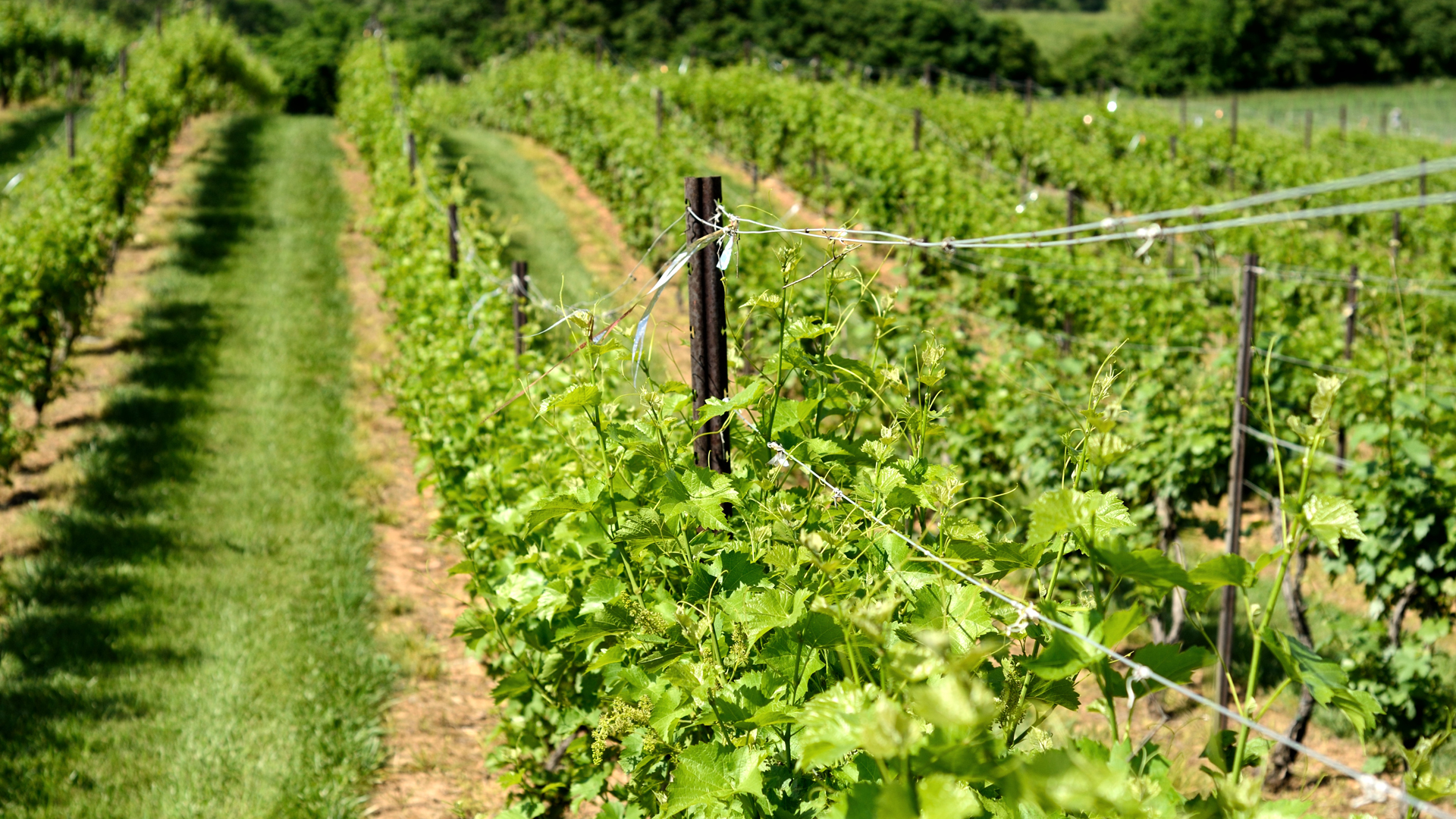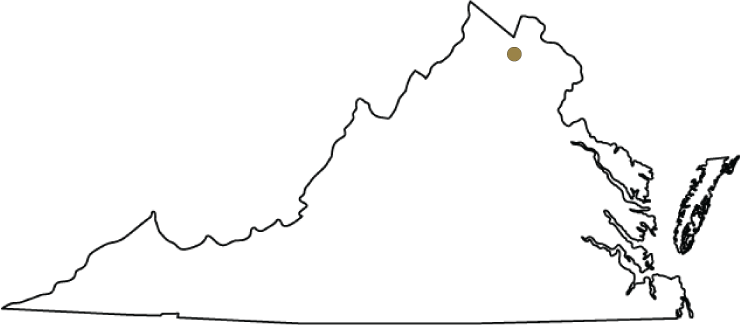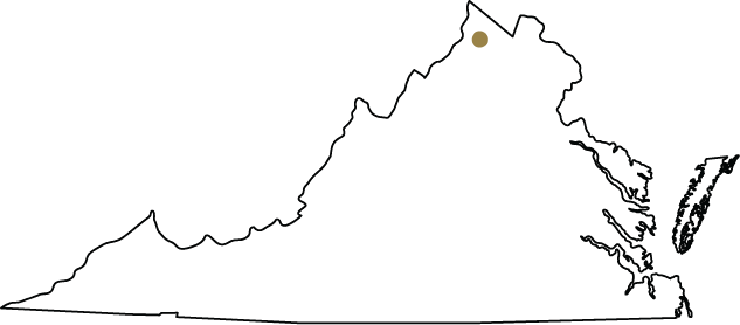
Winemaker
Justin Bogaty
“Since the first time I sampled a Virginian wine I have be obsessed with this place, our terroir and the wines from this region. I am so proud to call Virginia my home, and it is my constant endeavor to create world-class wines and move Virginian wines onto a new stage. I, along with a few of my fellow winemakers, have climbed the steep path forward in an effort to elevate Virginian wine. Today we find ourselves on the precipice of something great for Virginian wine, and I invite each of you to come a taste our progress.”
Today we find ourselves on the precipice of something great for Virginian wine
Assistant Winemaker
Eric Hamilton
Since joining Bogati, Eric has helped fine-tune the wine quality and refined the winery’s style resulting in wines that have character, integrity and a sense of place. “It is such a privilege to live and work in such a beautiful place. Every day, I look out over the vineyards toward the Blue Ridge Mountains and think man I love this place and love crafting something that represent us” -Eric Hamilton
Every day, I look out over the vineyards toward the Blue Ridge Mountains and think, 'man I love this place!'
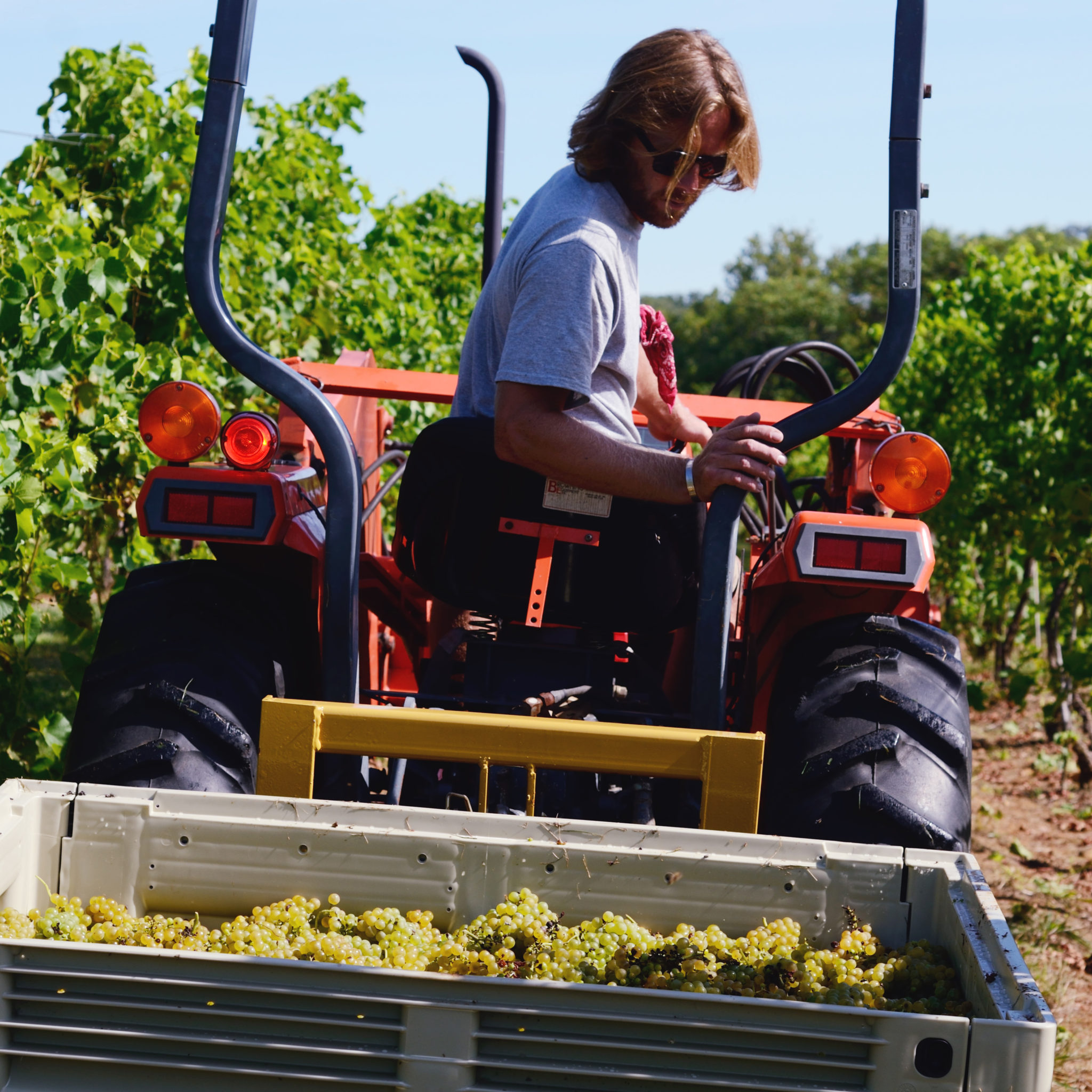
Bogaty Family Vineyards
Grapes for Bogati wines come primarily from two Bogaty-family estate vineyards in the Shenandoah Valley, just over the Blue Ridge from Bogati Winery's tasting room.
The Estate Vineyards at
Veramar
The proximity of the Shenandoah River, orientation of numerous canyons and valleys, and varying elevations produce many different distinct microclimates in the Shenandoah Valley AVA. The area benefits from the largest swing between high daytime and low nighttime temperatures of any region in Virginia as a result of the cool air that flows east through the Blue Ridge Mountains near Mount Weather and south through the Shenandoah Valley.
The region’s summer is characterized by warm, clear days, generally unencumbered by clouds, fog or severe winds. Daytime high temperatures in the summer typically fall between 85 and 105 degrees Fahrenheit, but nighttime low temperatures usually can drop to 73 degrees, cooled by a our thermal belt and the proximity to the river. This diurnal fluctuation is considered a key by winemakers and wine grape growers to attain the intense varietal character displayed in wine grapes from the area.
- Acreage under Vine
- 24 acres
- Soil type
- Loamy clay with limestone shale base
- Red-Wine Varietals
- Cabernet Franc, Malbec, Norton
- White-Wine Varietals
- Chardonnay, Seyval Blanc, Albariño, Traminette
- Notes
- Located less than a mile from the Shenandoah River
The Location
Veramar
Veramar is located in the northern Shenandoah Valley, near the town of Berryville.
Soil
The primary soil type at Veramar consists of loamy clay overlying limestone shale.
Climate
Daytime high temperatures in the summer typically fall between 85 and 105 degrees Fahrenheit, but nighttime low temperatures usually can drop to the low 70’s, cooled by a our thermal belt and the proximity to the river.
Grapes
Seven wine-grape varietals are grown at Veramar, six of which are Vitis vinifera (of European origin): Albariño, Cabernet Franc, Chardonnay, Malbec, Seyval Blanc and Traminette. The seventh varietal, Norton, is a cultivar bred from grapes native to the Americas.
Region
“The Shenandoah Valley’s rocky, fertile soil and warm, relatively dry growing season lend themselves to nearly every varietal, including Cabernet Franc, Cabernet Sauvignon, Chambourcin, Chardonnay, Mandolin, Merlot, Norton, Petit Verdot, Riesling, Sauvignon Blanc, Seyval, Vidal Blanc, Traminette and Zinfandel as well as many fruit wines.”¹
Vineyard
Currently, the Veramar estate has 24 acres under vine, mostly on eastern-facing slopes at about 150 meters above sea level and about one mile from the Shenandoah River.
Winery
The production facility at Veramar includes a mix of French-, Hungarian- and American oak barrels, plus stainless-steel tanks.
The Estate Vineyards at
James Charles
Situated on a small ridge in the watershed of Upper Opequon Creek in Frederick County, the estate at James Charles continues the centuries-long tradition of fruit agriculture in the Winchester area.
Rocky, loamy and sometimes gravely soil is common here, which means the ground is always well-drained, even during the spring rainy season. Limestone bedrock sits about 1.5 meters below the surface, with fragments of limestone pushing up to one meter deep.
- Acreage under Vine
- 2 acres
- Soil type
- Silty, rocky clay
- Varietals
- Chenin Blanc
- Notes
- Located less than a mile from Opequon Creek
The Location
James Charles
The estate vineyards at James Charles are located at a former apple orchard in Frederick County, Virginia, near Winchester.
Soil
The primary soil type at Veramar consists of loamy clay overlying limestone shale.
Climate
Daytime high temperatures in the summer typically fall between 85 and 105 degrees Fahrenheit, but nighttime low temperatures usually can drop to the low 70’s.
Grapes
Currently, Chenin Blanc, a grape of French origin, is the only varietal planted at James Charles.
Region
“The Shenandoah Valley’s rocky, fertile soil and warm, relatively dry growing season lend themselves to nearly every varietal, including Cabernet Franc, Cabernet Sauvignon, Chambourcin, Chardonnay, Mandolin, Merlot, Norton, Petit Verdot, Riesling, Sauvignon Blanc, Seyval, Vidal Blanc, Traminette and Zinfandel as well as many fruit wines.”¹
Vineyard
Currently, the Veramar estate has 24 acres under vine, mostly on eastern-facing slopes at about 150 meters above sea level and about one mile from the Shenandoah River.
Winery
The production facility at Veramar includes a mix of French-, Hungarian- and American oak barrels, plus stainless-steel tanks.
